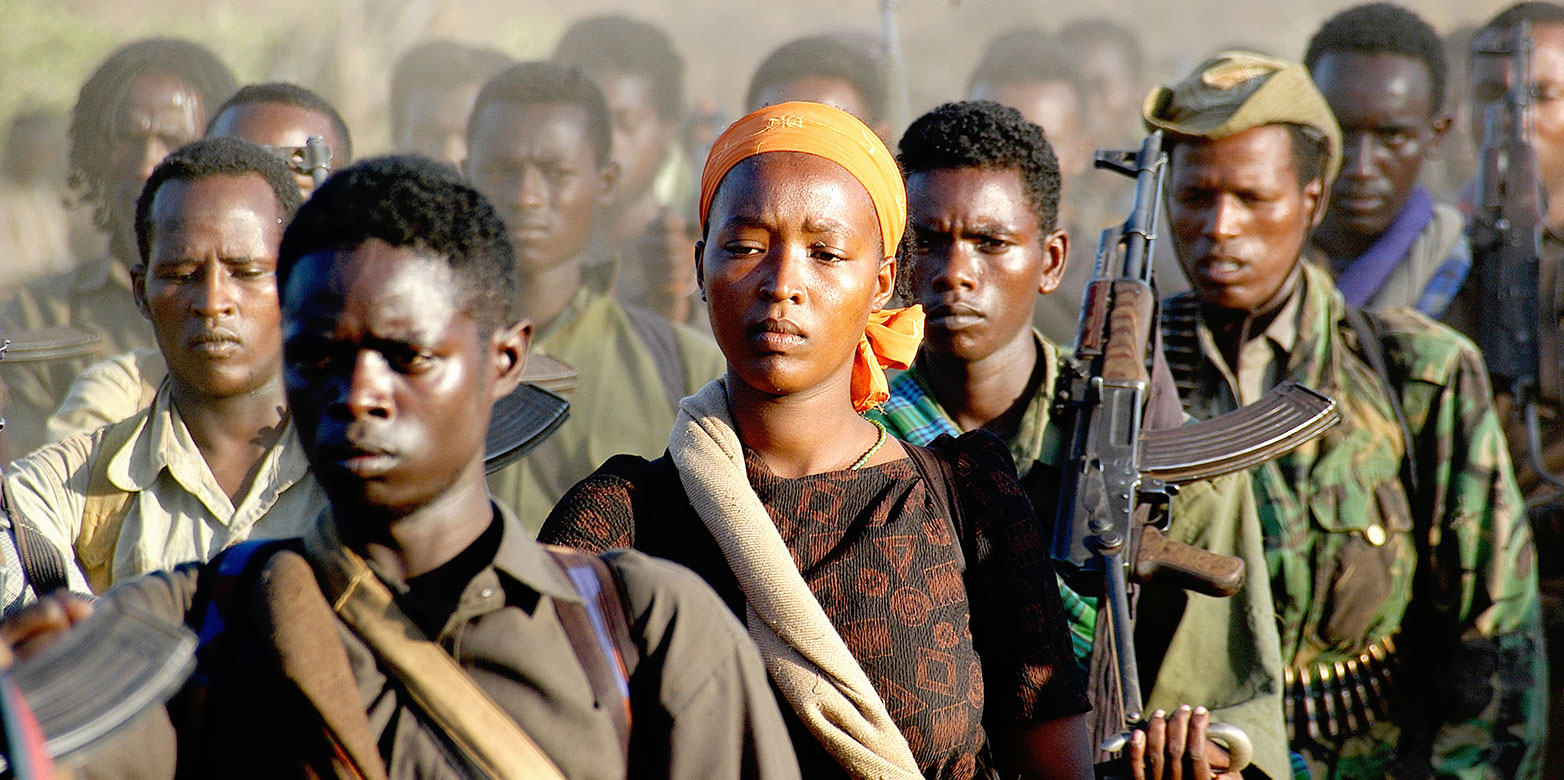Re-describing Transnational Conflict in Africa
The consensus in academic literature on conflict in post-colonial Africa is that the continent has experienced many civil wars but very few interstate-armed conflicts. Based on a new data set, a new article co-authored by CSS’ Alllard Dursma questions this consensus. The authors find that transnational links are a major feature of armed conflict in Africa. Therefore, conflict resolution and prevention should no longer be seen as solely an internal matter for the country concerned.
Policy makers and scholars alike have long argued that Africa is exceptional when it comes to interstate war. While the continent might have seen plenty of civil wars, conflict between states has been relatively rare. However, a external pagenew paper by Noel Twagiramungu, Mulugeta Gebrehiwot Berhe, Alex de Waal and the CSS’ Allard Duursma published in the Journal of Modern African Studies calls this assumption into question. The authors systematically revisit the main datasets used for quantitative analyses on African conflicts and find that they do not fully account for transnational political violence. They therefore created a revised dataset - the Transnational Conflict in Africa (TCA) data set - that integrates to what extent external actors are involved in conflicts in Africa. Their results are striking. Conventional wars between African states are indeed rare. However, proxy and covert wars, militarized disputes and incidents where external actors provided support to state or non-state belligerents are exceedingly common.
African conflict is transnational
In contrast to conventional wisdom, African conflicts have a significant transnational element. As states frequently intervene militarily in one another’s affairs, the majority of African conflicts should be reclassified as internationalized internal wars. According to Allard Duursma and his co-authors, these findings also have important consequences for conflict resolution and prevention. Most importantly, they argue policy makers should no longer see conflict resolution as a purely internal matter for the country concerned. Rather, these actors must systematically integrate the political interests of neighbors and regional hegemons into their planning for peace negotiations and peace support operations.
Implications for additional research
The new TCA data set also opens up interesting avenues for further research. Based on the data, researchers can now compare the extent, patterns and drivers of transnational conflict in post-colonial Africa, look at instruments used in those conflicts or investigate the specific linkages between transnational and national elements.
To the article
Noel Twagiramungu, Allard Duursma, Mulugeta Gebrehiwot Berhe and Alex de Waal (2019), external pageRe-describing transnational conflict in Africa, in: The Journal of Modern African Studies
Further reading
Alex de Waal (2019), external pageTransnational Conflict in Africa: A New Field of Study and a Shift in Policy Priorities, LSE Blog
Noel Twagiramungu, Allard Duursma, Mulugeta Gebrehiwot Berhe and Alex de Waal (2019), external pageAfrica only fights internal wars. Right? Wrong. African Arguments
World Peace Foundation (2019), external pageTransnational Conflict in Africa–Policy Memo

